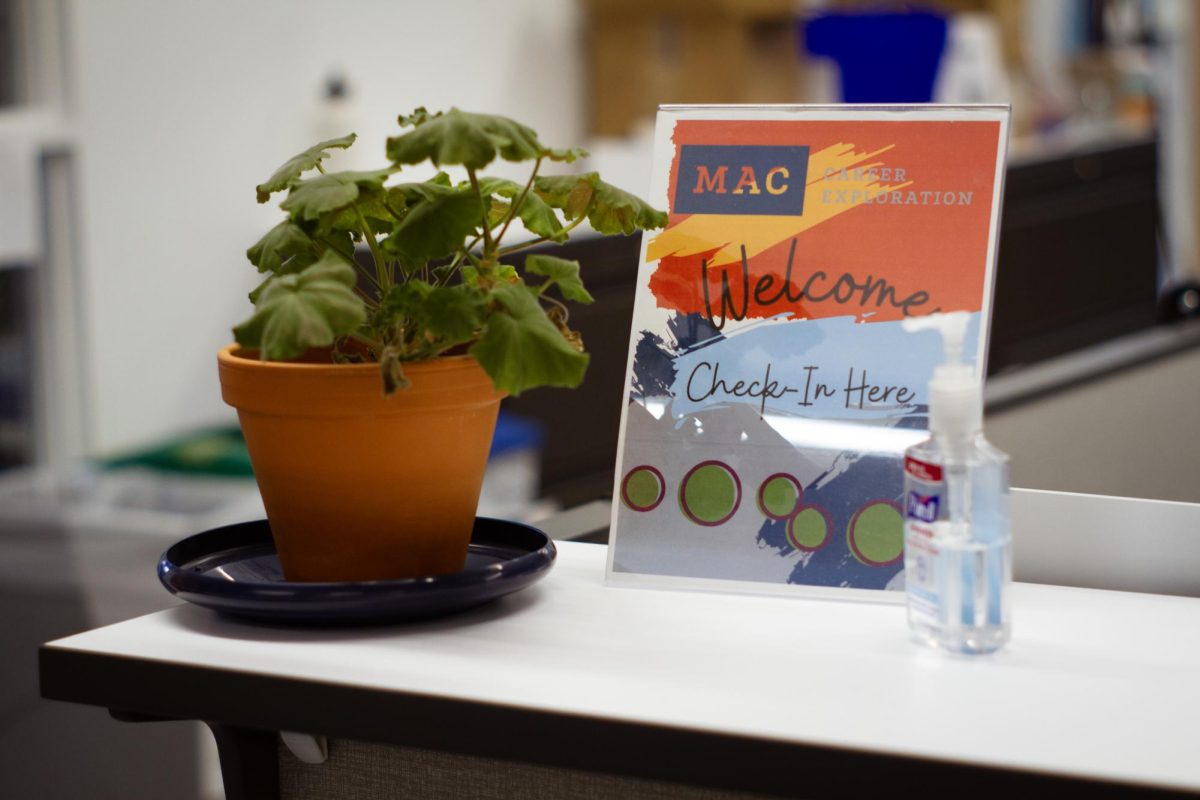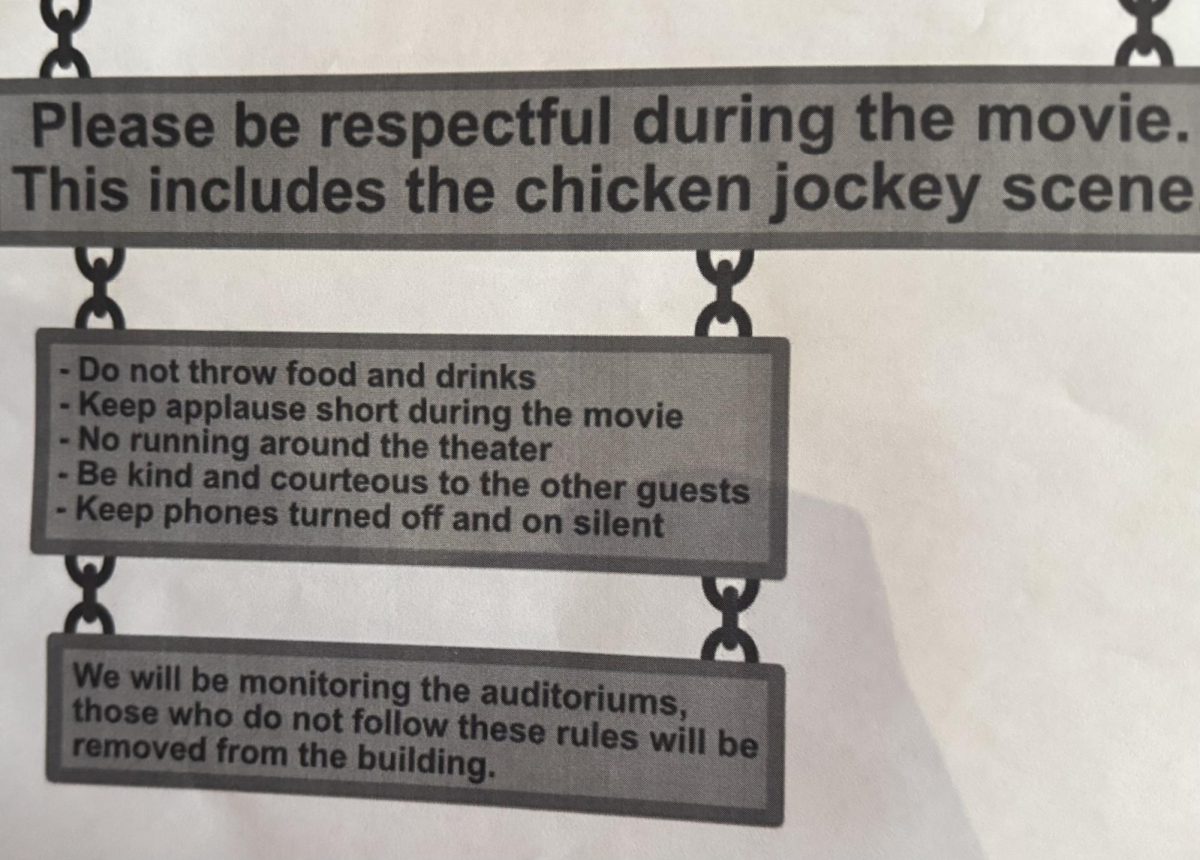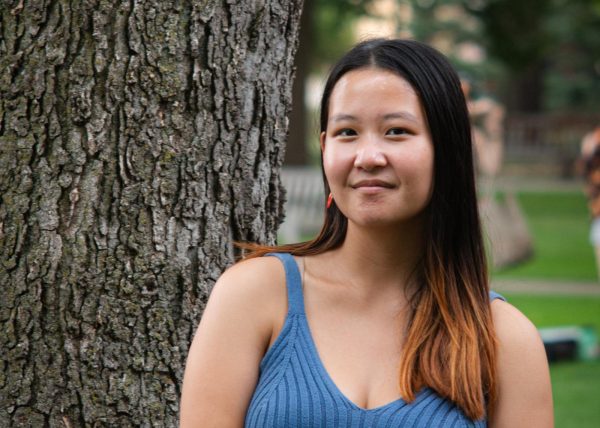As Macalester students return from their busy (and hopefully relaxing) summers, now seems an apt time as any to discuss the increasingly demanding expectations that are being placed on students and young workers.
As time has passed, the indicators that previously set students apart from their peers, such as leadership or even simply participation in clubs, being able to hold down a part time job and volunteering at local charities or non-profit organizations, have become the norm. No longer something that makes you an outstanding candidate for competitive students aiming to get into high caliber colleges such as Macalester, these things have become expected of applicants.
According to Princeton Online, most college admissions officers place the same amount of weight on extracurricular activities as they do on letters of recommendation. Furthermore, longevity and leadership in your extracurricular activities are also important — god forbid your interests change throughout the four years you spend in high school.
You may ask, then, ‘How are students expected to set themselves apart?’
By doing more things, of course! Because clubs, sports, volunteering and a part-time job don’t already take up all of their time. But, students have these extremely valuable things called summer breaks. Long gone are the times of camp, having fun with your friends and saying you’ll write to each other at the end of 10 weeks while never finding the time to do so.
Now, students spend their summers trying to find experiences that they can talk about in their admissions essays and trying to develop and grow as a person so that they can show how they’ve changed into the person they are. Harvard recommends that you focus on deeper personal themes to really show admissions officers who you are, but at the ripe age of 17, how are students expected to know who that is?
The grind doesn’t stop when you reach higher education. If anything, the pressure compounds into a weight that you carry around on your shoulders as you walk to class and study for exams. There is no sense of relief, no time to breathe, no victorious bell that cheers you on for “making it”.
Historically, college has been portrayed as a time during which young adults are able to explore their interests and “find themselves” amongst their peers, and away from the scrutiny of their parents and guardians’ watchful eyes. For those who are lucky enough to have obtained some level of financial security, or whose future has the flexibility to allow for additional time spent in school, it can be.
However, this is not the case for most.
If you’re lucky enough to make it into a competitive college, you may be alarmed by the higher expectations you soon face. It happens at schools like Macalester, where impostor syndrome runs rampant, and professors can be a little too passionate about sharing the intricacies of their research and career paths.
Macalester broadcasts the idea that you can change your major at any point in your college career, placing emphasis on the importance of general-education classes to find yourself and your interests and figure out what you really want to do.
Maybe that’s true if your interests don’t pivot completely, and you’ve already taken a few courses in your new desired major. But what if you completely switch course? What if you now need to take two years of sequential classes, need a course with 2-3 prerequisites, or have to take three courses that are all scheduled at the same time? Not everyone can afford to take an extra semester or year of college, especially at a school as pricey as this.
Regardless of your intended career path, whether that’s further education or hopping directly into the workforce, internships can be the key to determining whether or not you get accepted or hired. They can be that silly “one-year of related experience” for a theoretically ‘entry-level’ job.
So, there go your summer breaks again along with a good portion of your winter break, spent researching programs to apply to, updating your resume, and writing cover letter after cover letter. Don’t forget asking for letters of recommendation, because applying to a 10-week internship is now about as time-intensive as applying to college itself. Don’t wait too long, or you’ll get stuck doing all that work during that weird month-long period in late January and early February where the deadline to find housing for the next academic year is breathing down your neck and you’re just far enough into the semester to be busy.
If you’re lucky enough to get an internship, there’s no guarantee that it’ll be paid. Even if it is, you’re likely to have to consider costs for housing and food, travel expenses and all those other things that make it expensive to live. Working part-time may not be an option, with some internships sticking to the traditional 9-5, 40 hour workweek, and working the two weekend days in addition will burn you out faster than a fire at a gas station.
So, in a world where preparations and decisions must be made for a career that is eight years away, no wonder people in their 30s and 40s are so unhappy. No wonder there are such low job satisfaction rates. According to Pew Research, only half of Americans are satisfied with their job overall. This number drops further when you look at development of new skills, and opportunities for advancement in pay or promotion.
People are stuck in the career that they chose at age 14 when their parents told them that they needed to join clubs in their freshman year of high school if they expected to get into a good college. No wonder young adults despair as they are forced to move back in with their parents because they couldn’t find a job, a job they have been working tirelessly towards for as long as they can remember.
“Breaks” are an illusion. Finding yourself and your passions is forced upon you too early, and happens too late.








